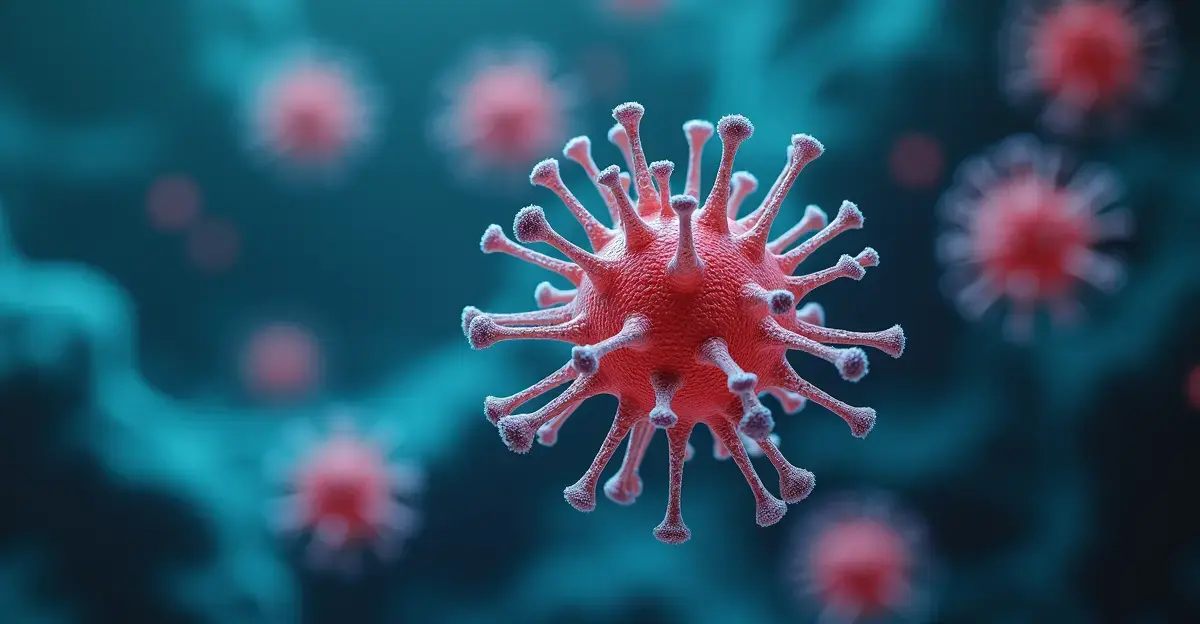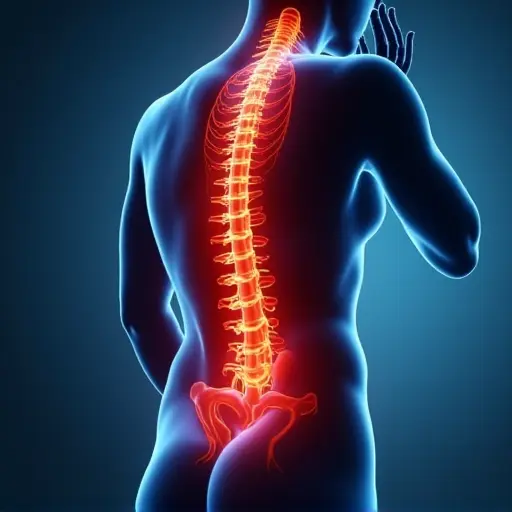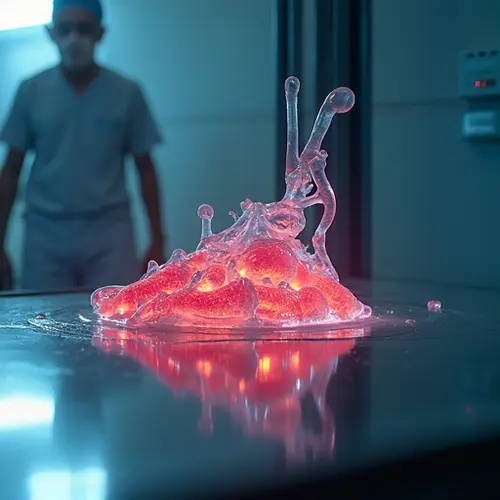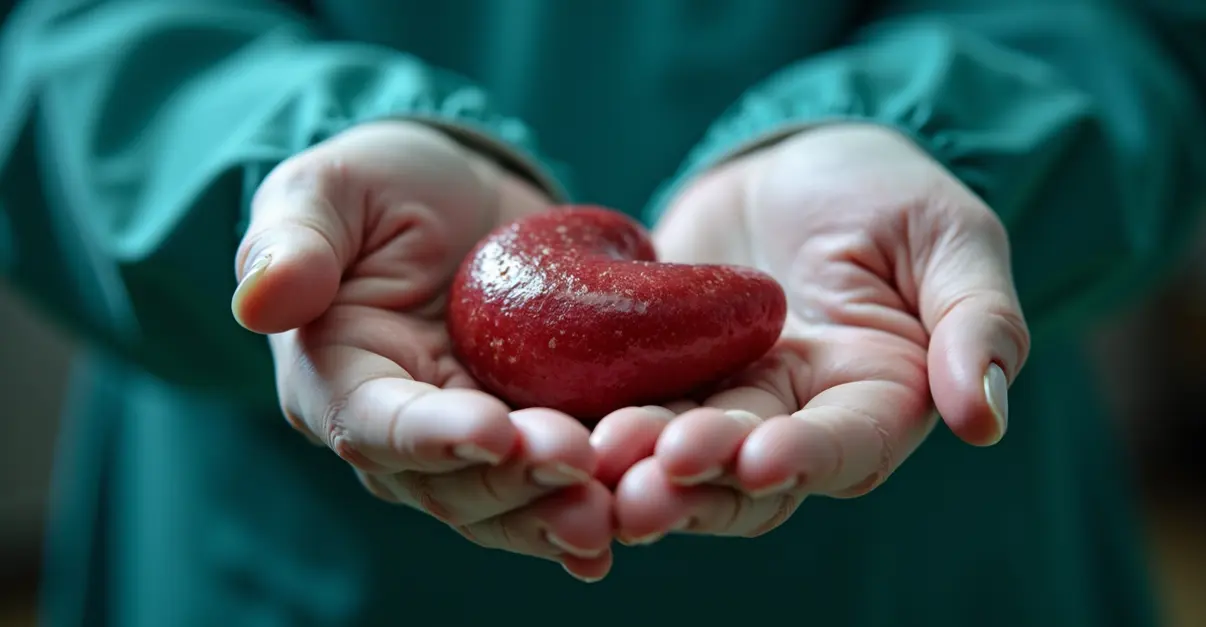University of Nottingham researchers develop protein-based gel that regenerates tooth enamel, potentially ending cavities. The fluoride-free treatment mimics natural enamel formation and could be available next year.
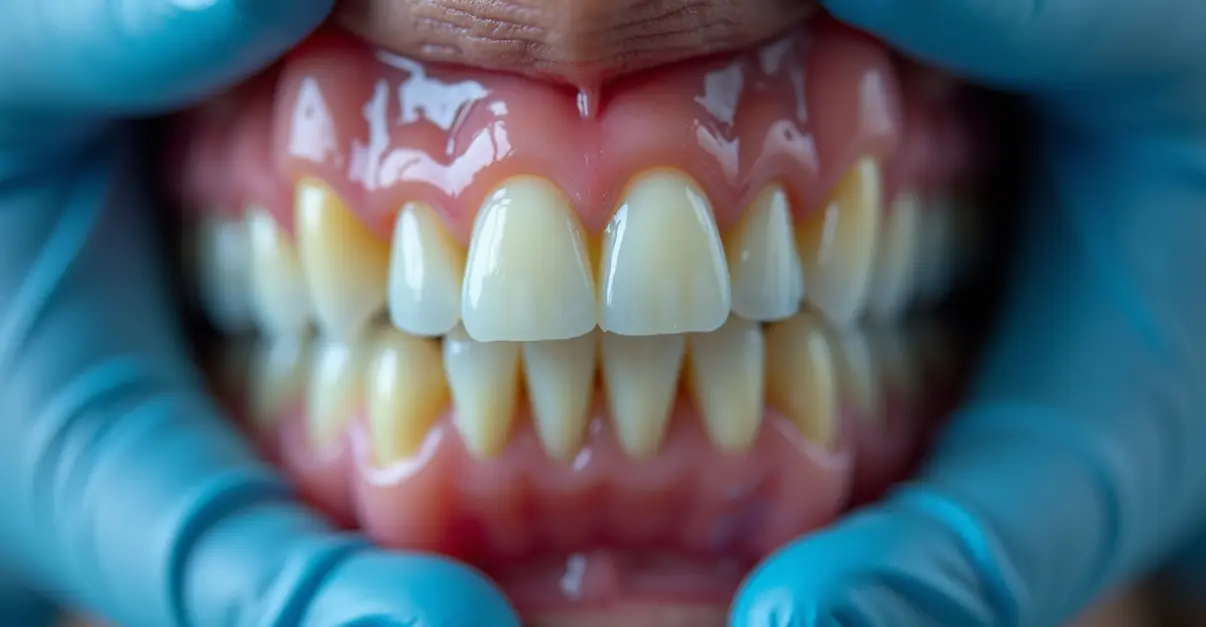
Breakthrough Dental Innovation from University of Nottingham
Researchers at the University of Nottingham have developed a revolutionary protein-based gel that can regenerate tooth enamel, potentially transforming dental care worldwide. This groundbreaking fluoride-free treatment mimics the natural enamel formation process that occurs during childhood development, offering the first true solution for enamel restoration rather than just symptom management.
How the Enamel-Regenerating Gel Works
The bioinspired gel uses specially designed proteins that create a scaffold on tooth surfaces, guiding the growth of new enamel minerals through a process called epitaxial mineralization. 'Our material creates a thin, robust layer that penetrates teeth and fills small cavities and cracks,' explains lead researcher Dr. Abshar Hasan, whose study was published in Nature Communications. 'It then captures calcium and phosphate ions from saliva and stimulates the growth of new minerals that integrate with the underlying natural tissue.'
This process restores both the structure and mechanical properties of healthy enamel, creating a new enamel-like layer that reduces tooth sensitivity and improves the bonding of fillings and crowns. The regenerated enamel has been tested under real-life conditions including chewing, brushing, and exposure to acidic foods, performing identically to natural enamel.
Addressing a Global Dental Challenge
Enamel degradation affects nearly 50% of the global population and is a primary cause of tooth decay and related dental problems. Unlike other tissues in the body, enamel cannot regenerate naturally once lost. Current dental treatments only alleviate symptoms rather than restoring the actual enamel structure.
'Tooth enamel has a unique structure that gives it remarkable properties protecting our teeth throughout life against physical, chemical, and thermal influences,' Dr. Hasan told EurekAlert. 'When our material is applied to demineralized or eroded enamel, it promotes crystal growth in an integrated and organized manner, restoring the natural composition of healthy enamel.'
Clinical Applications and Availability
The gel is designed for easy application similar to standard fluoride treatments, making it practical for routine dental visits. Researchers have already started commercialization through their startup company Mintech-Bio, with the first product expected to reach the market next year.
'We're very excited because this technology is designed with both the dentist and patient in mind,' says Professor Alvaro Mata. 'The method is safe, easy, and quick to apply, and scalable. The technology is versatile, offering the possibility to convert it into different types of products that can help patients of all ages with dental problems related to enamel loss and exposed dentin.'
The innovation represents a significant advancement in dental care, potentially reducing the need for traditional drilling and filling procedures while providing long-term protection against tooth decay and sensitivity.

 Nederlands
Nederlands
 English
English
 Deutsch
Deutsch
 Français
Français
 Español
Español
 Português
Português




